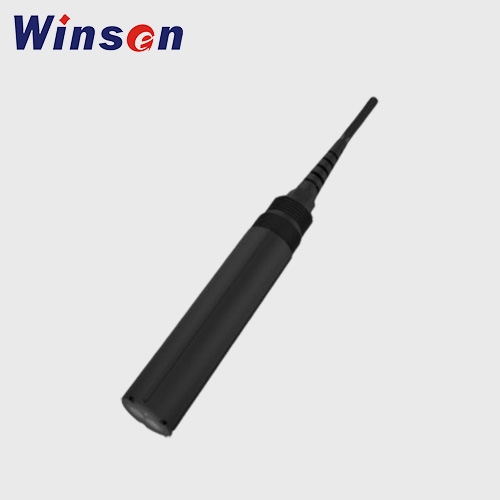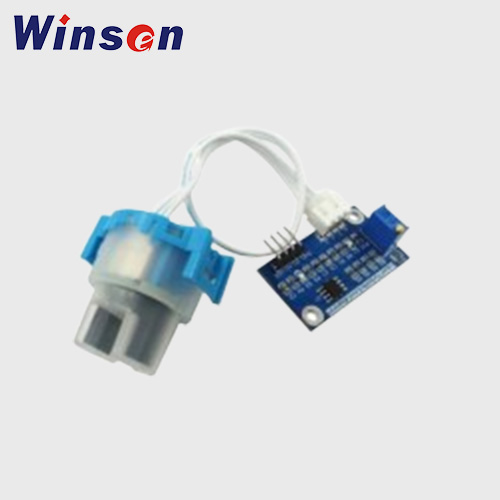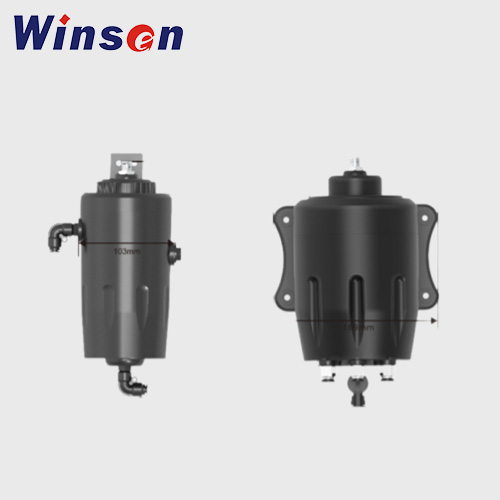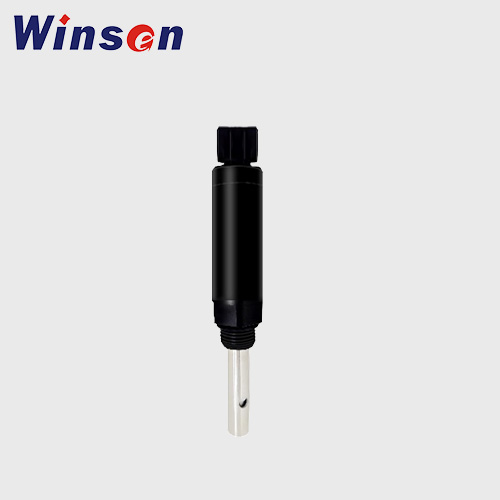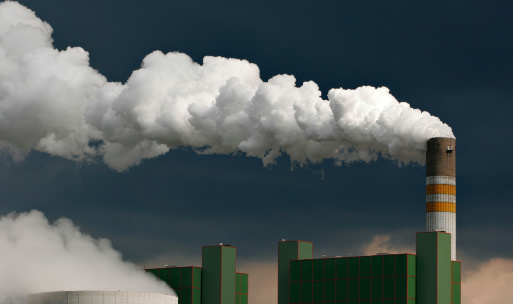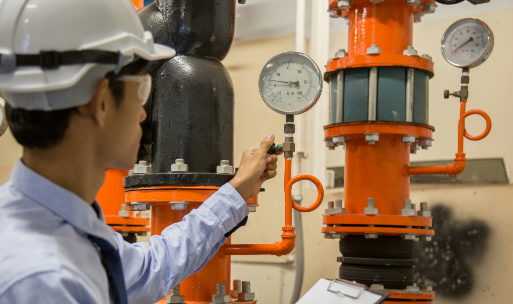Water Quality: Understanding Its Importance and Management
Water is a vital resource for all life forms on Earth, and its quality directly affects human health, ecosystems, and economic activities. Water quality refers to the physical, chemical, and biological characteristics of water that determine its suitability for various uses such as drinking, agriculture, recreation, and industrial applications. Monitoring and improving water quality is essential for sustainable development and environmental protection.
What is Water Quality?
Water quality encompasses various attributes that determine the usability of water for specific purposes. These attributes are measured against established standards or guidelines that define acceptable levels of pollutants or contaminants. Common indicators of water quality include:
1. Physical Parameters:
- Temperature: Affects aquatic life and chemical reactions in water.
- Turbidity: Refers to the cloudiness of water caused by suspended particles.
- Color and Odor: Indicators of pollution or the presence of organic materials.
2. Chemical Parameters:
- pH: Measures the acidity or alkalinity of water, with a neutral value being 7.
- Dissolved Oxygen (DO): Indicates the amount of oxygen available for aquatic organisms.
- Nutrients: Such as nitrogen and phosphorus, which can lead to algal blooms in excess.
- Toxic Substances: Including heavy metals like lead, mercury, and arsenic, and chemicals like pesticides.
3. Biological Parameters:
- Coliform Bacteria: Indicates contamination from human or animal waste.
- Algae and Microorganisms: Their presence can signal eutrophication or pollution.
Why is Water Quality Important?
1. Human Health:
- Clean water is essential for drinking, cooking, and sanitation. Poor water quality can lead to waterborne diseases such as cholera, dysentery, and typhoid.
- Contaminants like lead and arsenic in drinking water can cause chronic health problems, including neurological and developmental issues.
2. Ecosystem Health:
- Aquatic organisms depend on specific water conditions for survival. Poor water quality can lead to habitat destruction, fish kills, and loss of biodiversity.
- Excess nutrients can cause eutrophication, leading to oxygen depletion and the death of aquatic species.
3. Economic Activities:
- Industries require water of specific qualities for manufacturing, cooling, and other processes. Contaminated water increases costs for treatment and reduces efficiency.
- Agriculture relies on clean water for irrigation, while polluted water can harm crops and livestock.
4. Recreation and Aesthetics:
- Lakes, rivers, and beaches with poor water quality can become unsuitable for swimming, boating, and other recreational activities.
Factors Affecting Water Quality
1. Natural Factors:
- Geology: The type of rocks and minerals in an area can influence the natural chemical composition of water.
- Climate: Temperature, rainfall, and evaporation rates affect water quality.
- Biological Activity: Natural decay of organic matter and microbial processes can alter water conditions.
2. Human Activities:
- Agriculture: Runoff containing fertilizers, pesticides, and animal waste can pollute water bodies.
- Industrial Discharges: Factories may release chemicals, heavy metals, and heat into water sources.
- Urbanization: Stormwater runoff carries pollutants like oil, grease, and trash into waterways.
- Deforestation: Reduces natural filtration and increases sedimentation in rivers and streams.
How is Water Quality Measured?
Water quality is assessed through a combination of physical, chemical, and biological tests. Common methods include:
1. Field Testing:
- Portable meters measure pH, dissolved oxygen, turbidity, and conductivity on-site.
- Sensors are used for real-time monitoring of parameters like temperature and salinity.
2. Laboratory Analysis:
- Water samples are analyzed for contaminants like heavy metals, nutrients, and microbial content.
- Advanced techniques such as spectrophotometry and gas chromatography provide detailed results.
3. Remote Sensing
- Satellite and drone technology help monitor large water bodies for changes in turbidity, chlorophyll, and surface temperature.
4. Biological Indicators
- The presence or absence of specific aquatic organisms, such as macroinvertebrates, can provide insights into water quality.
5. Water quality sensor
Total Dissolved Solids (TDS) Sensors
Dissolved Oxygen Sensors
pH Sensors
Turbidity Sensors
Electrical Conductivity (EC) Sensors

ZW-C101 Electrical Conductivity Water Quality Detection Sensor
- Electrical Conductivity
- 0~20000μS/cm
- Read More
Ammonia Sensors
Strategies for Improving Water Quality
1. Wastewater Treatment:
- Municipal and industrial wastewater should be treated to remove contaminants before being discharged into natural water bodies.
2. Agricultural Best Practices:
- Use of controlled irrigation and precision agriculture to minimize runoff.
- Planting buffer strips along waterways to filter pollutants.
3. Pollution Control:
- Implementing strict regulations on industrial discharges and urban runoff.
- Encouraging the use of eco-friendly products and reducing plastic waste.
4. Conservation Efforts:
- Protecting wetlands, forests, and other natural ecosystems that act as water filters.
- Promoting sustainable water use and reducing wastage.
5. Community Engagement:
- Raising awareness about the importance of water quality and encouraging public participation in monitoring and clean-up activities.
6. Technological Innovation:
- Developing advanced filtration systems and water treatment technologies.
- Using AI and IoT for real-time monitoring and predictive analysis.
Conclusion
Water quality is a critical component of environmental sustainability, human health, and economic prosperity. Understanding the factors that influence water quality and implementing effective management strategies are essential for protecting this invaluable resource. Through collective efforts from governments, industries, and communities, we can ensure that clean water remains accessible for current and future generations.












